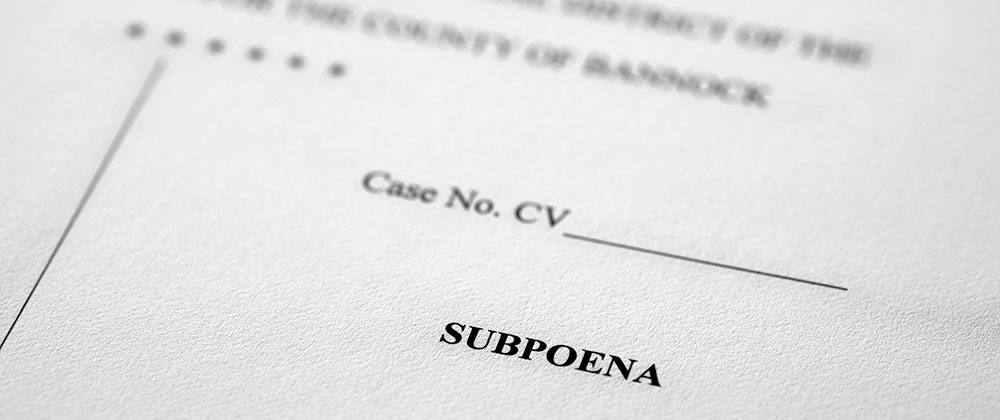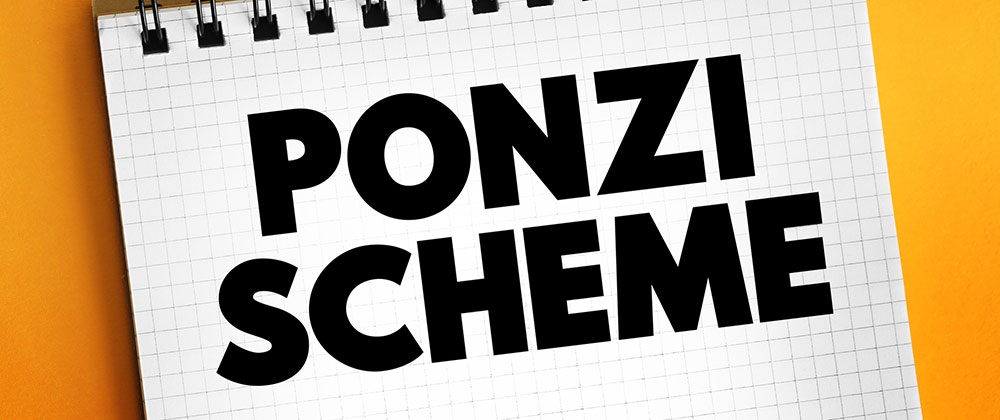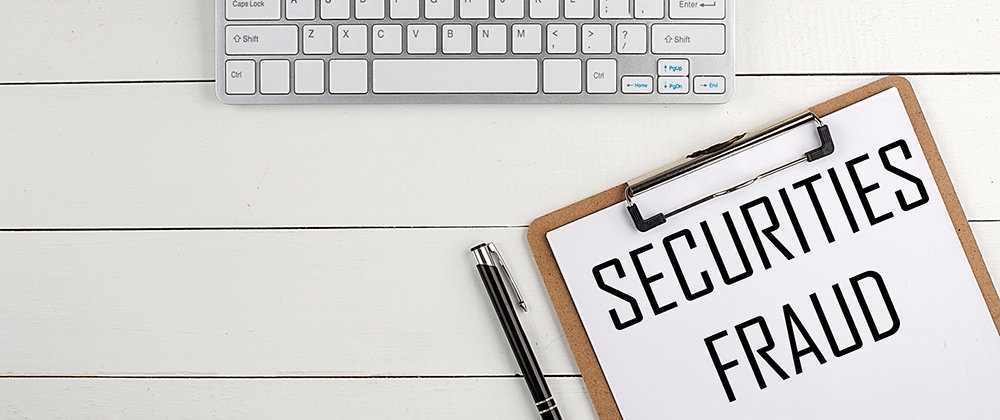A word of strong caution: do not take lightly compliance with an SEC Subpoena issued in connection with an SEC investigation. The SEC expects timely and full compliance and, in situations where an individual or entity decides to challenge, slow play, or just plain refuse to comply with the SEC subpoena, the SEC Enforcement Division will take action in Federal District Court seeking a Court order to enforce the SEC subpoena, whether for the production of documents and/or sworn testimony. While the SEC does not routinely file subpoena enforcement actions, it on occasion will do so, particularly when the non-compliance is flagrant, and usually after several opportunities are given to recipient of the SEC Subpoena to cure the non-compliance.
In those situations where the SEC seeks to enforce its subpoena, the recipient of the SEC Subpoena is in double jeopardy.
First, the law is clear that the SEC has very broad powers to issue subpoenas and, absent compelling evidence of SEC abuse or issuance by the SEC of the SEC subpoena for an improper purpose, the Court is almost always going to grant the SEC’s motion to enforce. Thus, to legally challenge the SEC Subpoena in this context is almost always a losing proposition.
Second, by forcing the SEC’s hand and challenging or simply refusing to comply with a validly issued SEC subpoena, the SEC’s non-public investigation about which very few, if anyone else knows about, will then become public record for all the world to see and, assuming press coverage, to read about. In its court papers, the SEC will certainly include a brief summary of the subject matter of its investigation, including the particulars of the fraudulent or other potentially illegal securities conduct it suspects occurred. Thus, before the SEC even completes its investigation, and before it even makes a determination as to whether there have been violations of the Federal Securities Laws (a conclusion it may never reach), the individual challenging the SEC Subpoena will be known by the world to be under SEC investigation, and correspondingly under a reputational black cloud.
Third, if after losing in Court and then making the SEC’s non-public investigation concerning you very much public were not bad enough, you are then back to square one and have to comply with the SEC subpoena. But now, the dynamic will certainly be very different, as you will likely be dealing with a more-than-ever distrusting, if not somewhat hostile, SEC Enforcement Staff. This is never a good thing. While the SEC staff is obligated to objectively examine the evidence developed in its investigation and make charging decisions accordingly, in those close call cases where the staff’s charging recommendation could go either way, you will have no goodwill in the bank in that scenario. Moreover, if SEC charges are proposed, settlement on favorable terms becomes that much more difficult given what the SEC will have viewed as prior obstructive conduct.
Given the critical importance of ensuring you timely and meaningfully comply with an SEC Subpoena, it is imperative that you are represented by an experienced and seasoned SEC defense lawyer who understands how to assist you in the SEC Subpoena process, as well as to strategically represent you in the SEC investigation with the objective of avoiding charges, to ensure that you do not end up losing before the SEC investigation is even completed and charging decisions made.
Understanding the SEC Subpoena Process
David Chase, Esq., a SEC subpoena lawyer, of the Law Firm of David R. Chase, a SEC defense law firm, represents individuals in SEC investigations nationwide. You may contact him toll-free for a confidential consultation at: 800-760-0912, or e-mail at: david@davidchaselaw.com. Or, you can visit the Firm’s website for more information and content at: www.securitiesfrauddefense.com.




